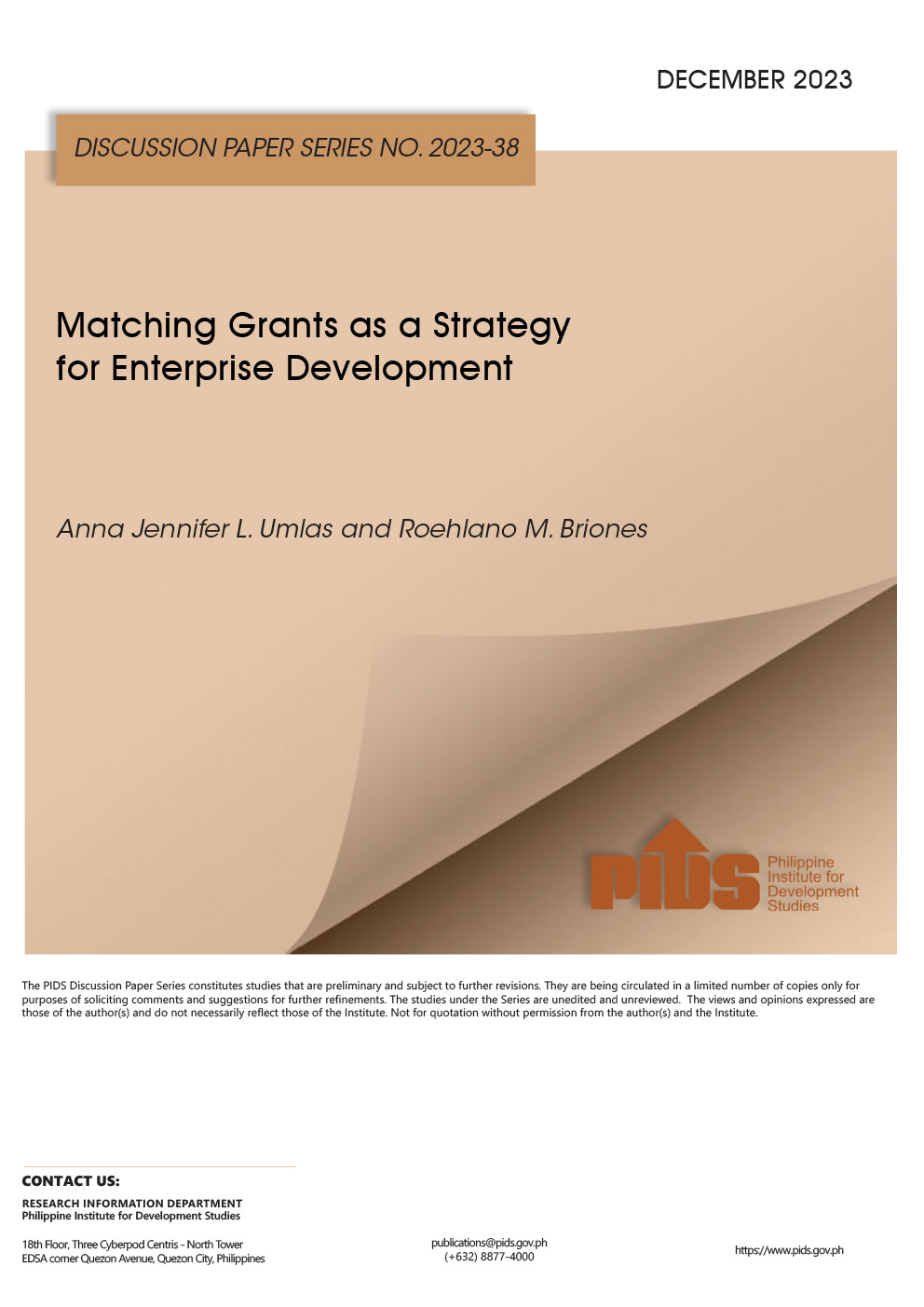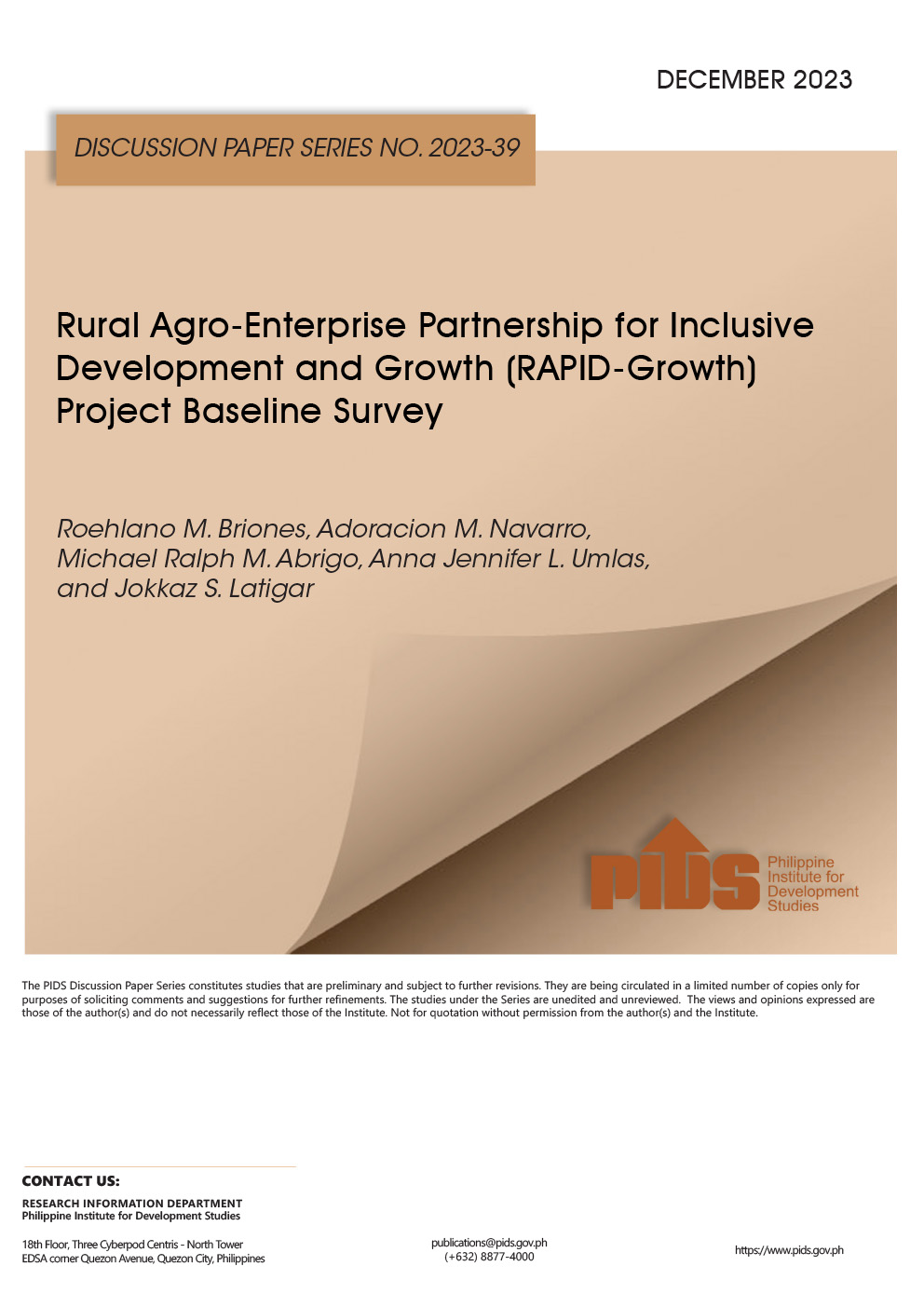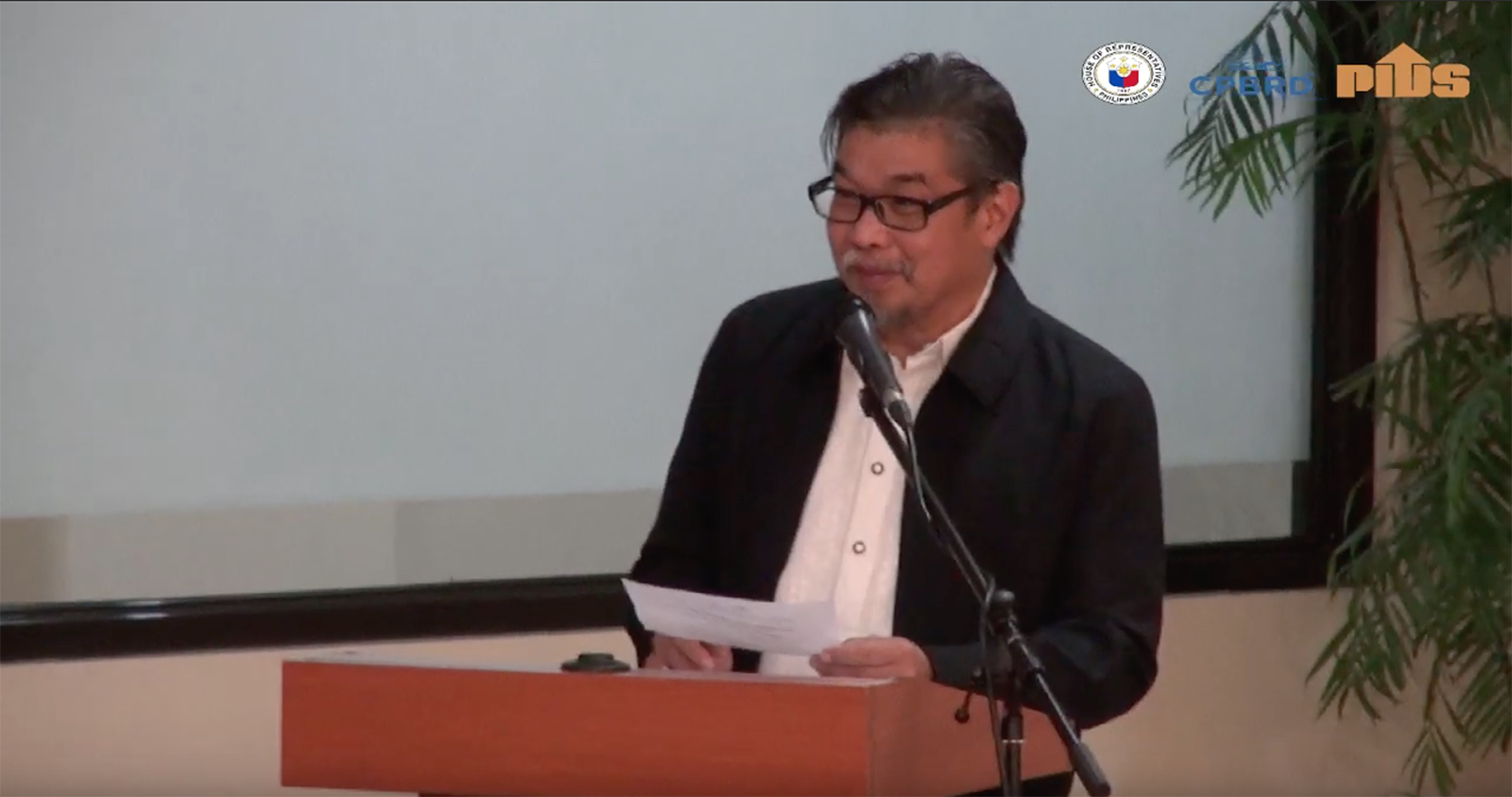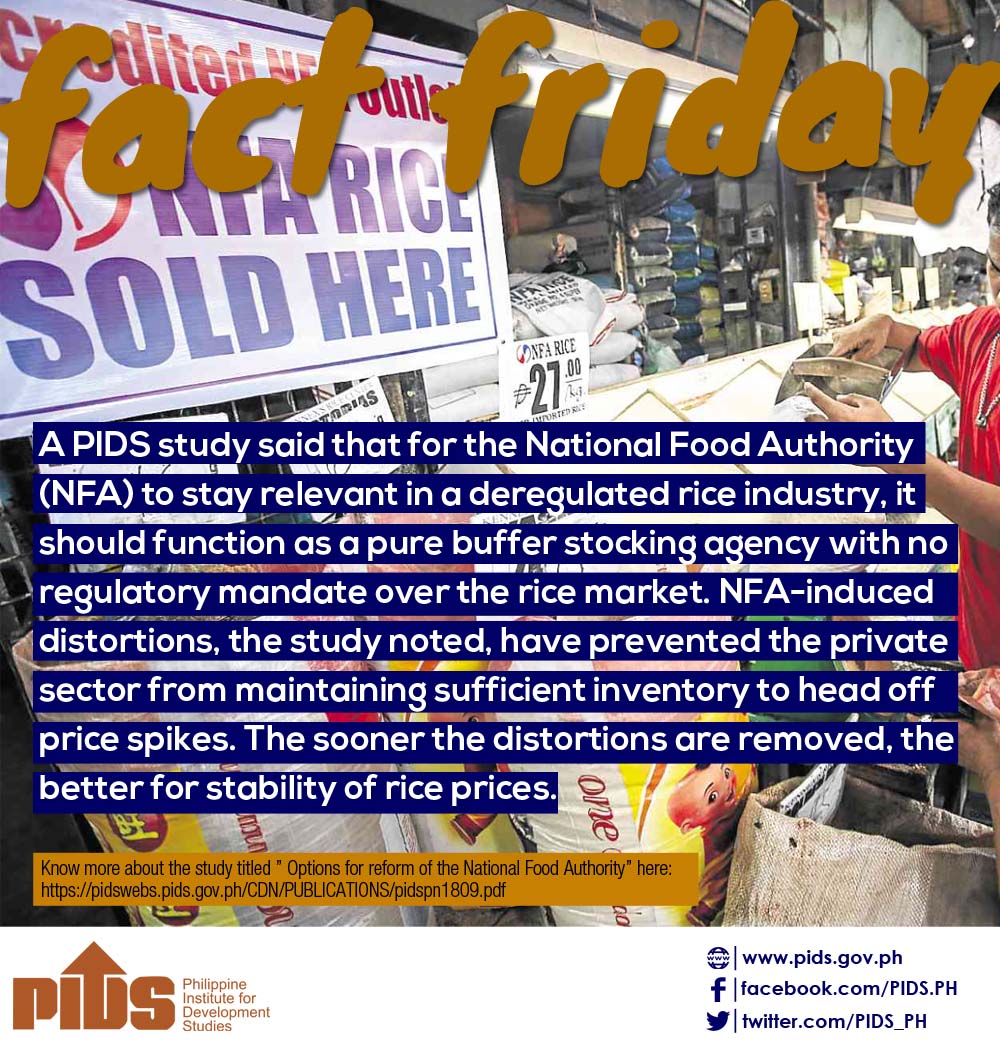PROPOSALS to limit rice imports to stabilize farmgate price, especially during harvest, require careful study, according to economists.
Economists said proposals such as barring rice cooperatives from importing the commodity, as well as banning importation of commodities during their main harvest, could affect the rice market and eventually hurt consumers.
Last week, the Department of Agriculture proposed to bar cooperatives from importing rice while on Monday, senators suggested disallowing importation during the main harvest of commodities.
“These proposed policies are going to hurt the consumers. While producers are supposedly supported by imposing these restrictions, these can in the long run cause inefficiencies in the market. The goal should be to make producers competitive without causing a burden to the consumers,” Ateneo Eagle Watch Senior Fellow Leonardo A. Lanzona Jr. told the BusinessMirror.
With the passage of the Rice Trade Liberalization (RTL) Law, any entity with proper papers can import rice, Philippine Institute of Development Studies (PIDS) Senior Research Fellow Roehlano M. Briones pointed out.
Briones added that implementing seasonal import bans does not really work given that “someone can pre-purchase rice during open season.”
Non-tariff barrier
Moreover, barring cooperatives from importing could be a form of non-tariff barrier (NTB), said Briones.
Former University of the Philippines School of Economics Dean Ramon L. Clarete explained that there is a difference between NTBs and Non-Tariff Measures (NTMs).
“You distinguish between NTMs and NTBs. Former may be allowed like SPS [Sanitary Phytosanitary] or TBT [Technical Barriers to Trade]. Generally NTMs have valid reasons for using them. But NTBs may just be disguised protection. They appear to be NTMs but without valid reason for using them,” Clarete told the BusinessMirror.
These are important qualifications that need to be understood when making trade policy. These kinds of qualifications include, Clarete said, on the proposal on barring cooperatives from importing as well as the meaning of harvest.
Clarete said before barring cooperatives, the government should make a qualification that the policy covers “co-ops which allow themselves to be used by big importers.”
He added that if the government can define well the meaning of harvest, imposing a seasonal ban could be an NTM more than an NTB.
“A seasonal ban may be defensible under the development criterion of supporting economically depressed rural areas whose residents derive their main income from, say, rice. But if the harvest is arbitrary like growing livestock and poultry then it becomes an NTB,” Clarete explained.
University of Asia and the Pacific Center for Food and Agri Business Executive Director Rolando T. Dy said Agriculture Secretary William Dar should have a basis for not allowing cooperatives to import.
Dy told the BusinessMirror this means determining whether they are legitimate farmers cooperatives or trader-financed farmers’ cooperatives.
He added that before a seasonal ban on importation is enforced, the government should determine whether the country would be compliant with the rules of the World Trade Organization (WTO).
“Such barriers may have implications on the labor market as well since these maintain existing inefficiencies,” Lanzona stressed.
On Monday, certain senators suggested halting importation of commodities during their main harvest season of local output. This includes rice, corn, feed wheat, and whole chicken.
Last week, Agriculture Secretary William D. Dar declared in a hearing presided by Sen. Cynthia A. Villar that he will bar farmers’ cooperatives and associations from importing rice.
tion Act of 2020' upang paigtingin ang modernisasyon ng mga serbisyo ng pamahalaan. (PIA NCR)










